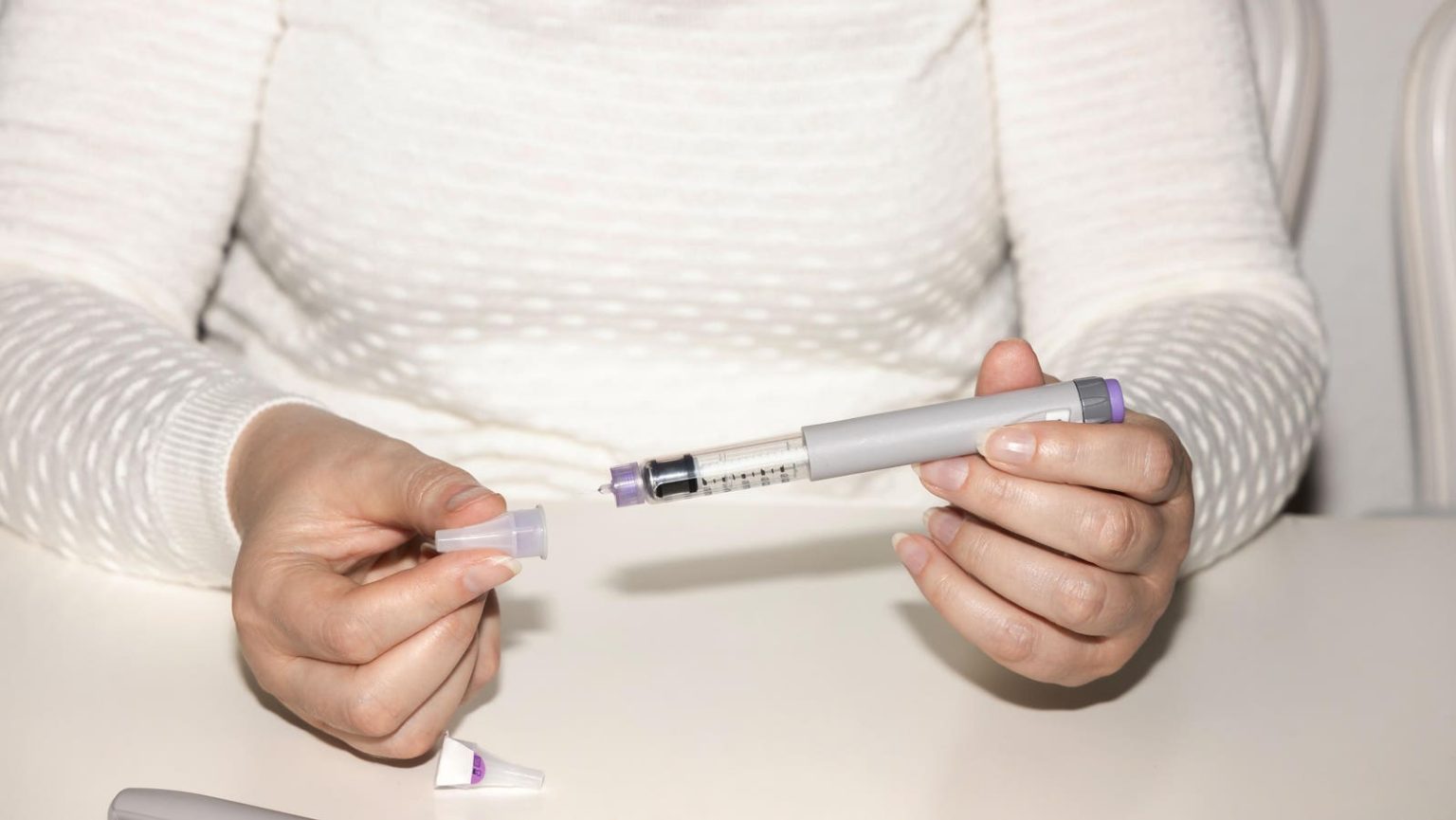Pharmaceutical companies are currently in a gold rush to harness the potential benefits of drugs like Ozempic, Wegovy, Mounjaro, and Zepbound beyond weight loss and diabetes. These drugs, known as GLP-1 agonists, mimic the function of a gut hormone involved in regulating blood sugar and appetite. Novo Nordisk’s Ozempic and Wegovy, and Eli Lilly’s Mounjaro and Zepbound are leading the way in this booming class of medications.
Initially approved to treat diabetes and obesity, GLP-1 drugs are now showing signs of potential benefits for conditions such as heart and liver disease, Parkinson’s, anxiety, and addiction. Novo Nordisk has gathered enough data to prove the cardiovascular benefits of Wegovy and obtained approval from the FDA to add these benefits to their label. Lilly is also looking to expand the label for Zepbound after a late-stage trial found significant improvements in sleep apnea symptoms.
Pharmaceutical companies like Novo and Lilly, along with competitors like Boehringer and Zealand Pharma, are exploring the potential of GLP-1 drugs in treating conditions such as fatty liver disease and kidney disease. Studies suggest that these drugs could also be effective in treating a range of brain disorders, including Parkinson’s, Alzheimer’s, depression, bipolar disorder, and anxiety. Additionally, reports of diminished cravings among individuals taking GLP-1 drugs are sparking interest in their use for substance use disorders and addiction.
While the potential benefits of GLP-1 drugs are promising, it is important to note that the full impact of these medications may not be fully understood until they are used by a large number of people in the real world. Clinical trials provide valuable data on safety and efficacy, but new information on negative effects can also emerge. Despite concerns about mental health issues and suicidal thoughts associated with weight loss and diabetes drugs like Ozempic and Wegovy, recent reviews from regulatory agencies have cast doubt on these connections.
Analysts estimate that the weight loss drug market could be worth $100 billion by 2030, with Novo and Lilly already reaping billions from their GLP-1 drugs. These companies hold a dominant position in the market, particularly regarding obesity, and are likely to solidify their positions with the wealth of data they have on drugs like semaglutide and tirzepatide. Adding additional benefits like cardiovascular improvements to drug labels will raise the bar for competitors, making it challenging for new entrants to compete.
As pharmaceutical companies continue to explore the potential benefits of GLP-1 drugs for a variety of conditions, it will be important to monitor how these medications perform in real-world settings. While the prospects for treating a range of conditions beyond weight loss and diabetes are exciting, ongoing research and monitoring will be crucial in understanding the full impact of these drugs on different health conditions.















